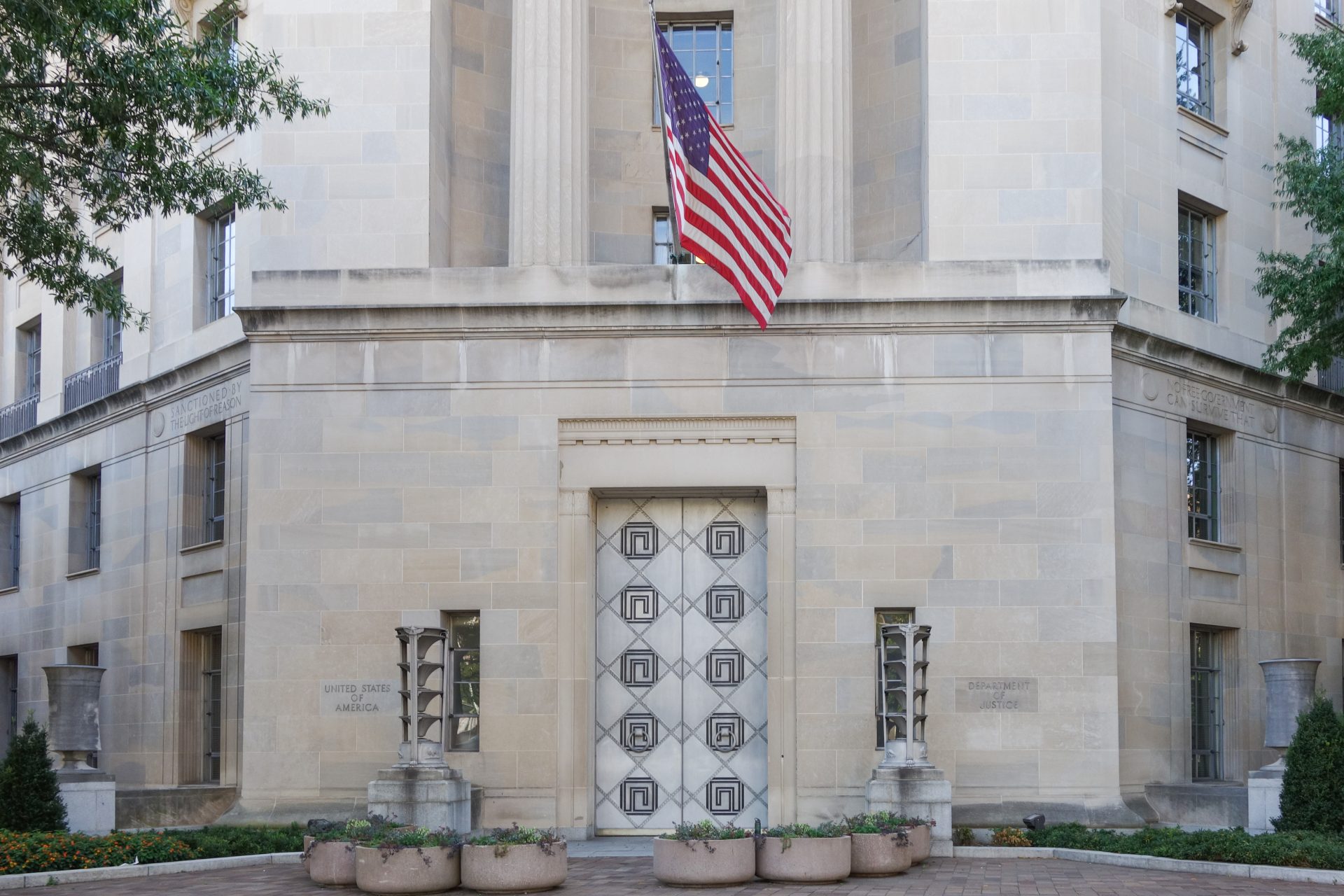
Dhillon PURGES DOJ – Rights Division REBUILT
Harmeet Dhillon takes on the “legal Deep State” at the Department of Justice as she radically shifts the Civil Rights Division’s focus back to individual liberties, prompting a mass exodus of career lawyers.
At a Glance
- Harmeet Dhillon was confirmed to lead the DOJ’s Civil Rights Division with a 52-45 Senate vote despite opposition from civil rights organizations
- More than 200 career lawyers have left the Civil Rights Division following Dhillon’s prioritization of individual liberties over group-focused initiatives
- Dhillon is working to end George Floyd-era consent decrees with police departments, which she claims have increased crime in major cities
- The Civil Rights Division under Dhillon is addressing antisemitism on college campuses and reviewing diversity and inclusion practices
Reshaping the Civil Rights Division
Harmeet Dhillon, recently confirmed as assistant attorney general for the Department of Justice’s Civil Rights Division, has launched a comprehensive overhaul of the division’s priorities and operations. The Senate confirmed Dhillon in April with a 52-45 vote, despite significant opposition from civil rights organizations. A key Trump administration appointee, Dhillon previously co-chaired Lawyers for Trump and was active in challenging various voting rights measures following the 2020 election.
My interview with Harmeet Dhillon head of the Civil Rights Division at the Department of Justice https://t.co/IWdWoK38Gi
— Peter Schweizer (@peterschweizer) May 30, 2025
Since taking office, Dhillon has initiated a dramatic shift in the division’s focus from group-based protections to individual liberties. This change in direction has prompted more than 200 career lawyers to leave the Civil Rights Division, reflecting significant internal friction over the division’s new priorities. Dhillon has specifically targeted what she describes as the “legal Deep State” within the Justice Department, which she believes has pursued politically motivated agendas rather than equal application of civil rights laws.
Targeting Consent Decrees
A primary focus of Dhillon’s work has been dismantling consent decrees established during the aftermath of George Floyd’s death. These agreements between the federal government and local police departments imposed various restrictions on law enforcement operations and practices. Dhillon has criticized these measures as overly restrictive and detrimental to public safety, claiming they have handcuffed police departments and contributed to rising crime rates in major urban centers.
“Crime goes up because the bad guys know cops’ hands are tied in that city. And this is an immediate horror story for law-abiding citizens in these communities.”, said Harmeet Dhillon.
According to Dhillon, these consent decrees have not only restricted police action but have also redirected substantial funds to what she characterizes as left-wing monitoring groups. Her efforts to roll back these agreements represent a significant shift in federal oversight of local law enforcement, with particular focus on cities like Seattle where she argues these restrictions have led to increased lawlessness and deteriorating public safety conditions.
— @amuse (@amuse) May 6, 2025
New Civil Rights Priorities
Under Dhillon’s leadership, the Civil Rights Division has established new enforcement priorities. These include addressing antisemitism on college campuses, reviewing diversity and inclusion practices for potential discrimination, protecting women’s sports, and defending private spaces. This marks a departure from previous administrations’ focus on systemic discrimination and group-based protections. Critics, including the Leadership Conference on Civil and Human Rights, have expressed alarm about this shift.
“Harmeet Dhillon is not a civil rights lawyer and has no business leading the Department of Justice’s Civil Rights Division. Senators who voted to confirm Ms. Dhillon have failed their constituents and our country. They have further undermined the independence of the DOJ and are complicit in this administration’s dangerous agenda to reverse the hard-won gains of the civil rights movement.”, said Lena Zwarensteyn.
Dhillon has described 2020 as a pivotal year that revealed the need for refocusing the division’s work. She points to what she characterizes as the suppression of conservative viewpoints alongside the empowerment of leftist groups during that period. In response, she is now advocating for legislative changes, including asking Congress to overturn a Supreme Court ruling that allowed governors to limit certain fundamental freedoms during emergencies.
Looking Forward
Despite facing significant resistance both within and outside the Department of Justice, Dhillon maintains that her work is essential for realigning civil rights enforcement with what she views as its proper constitutional focus. Her confirmation and subsequent actions represent a substantial shift in federal civil rights policy and enforcement priorities. Supporters view her approach as a necessary correction to politicized enforcement patterns, while critics fear it undermines decades of civil rights progress.
As this transformation continues, the effects will likely be felt across multiple areas of civil rights law, from voting rights enforcement to protections for marginalized communities. The dramatic staff turnover within the division suggests that these changes are more than superficial adjustments but rather represent a fundamental reorientation of federal civil rights enforcement philosophy and practice under the current administration.



Stephen Russell
YES rigged against US